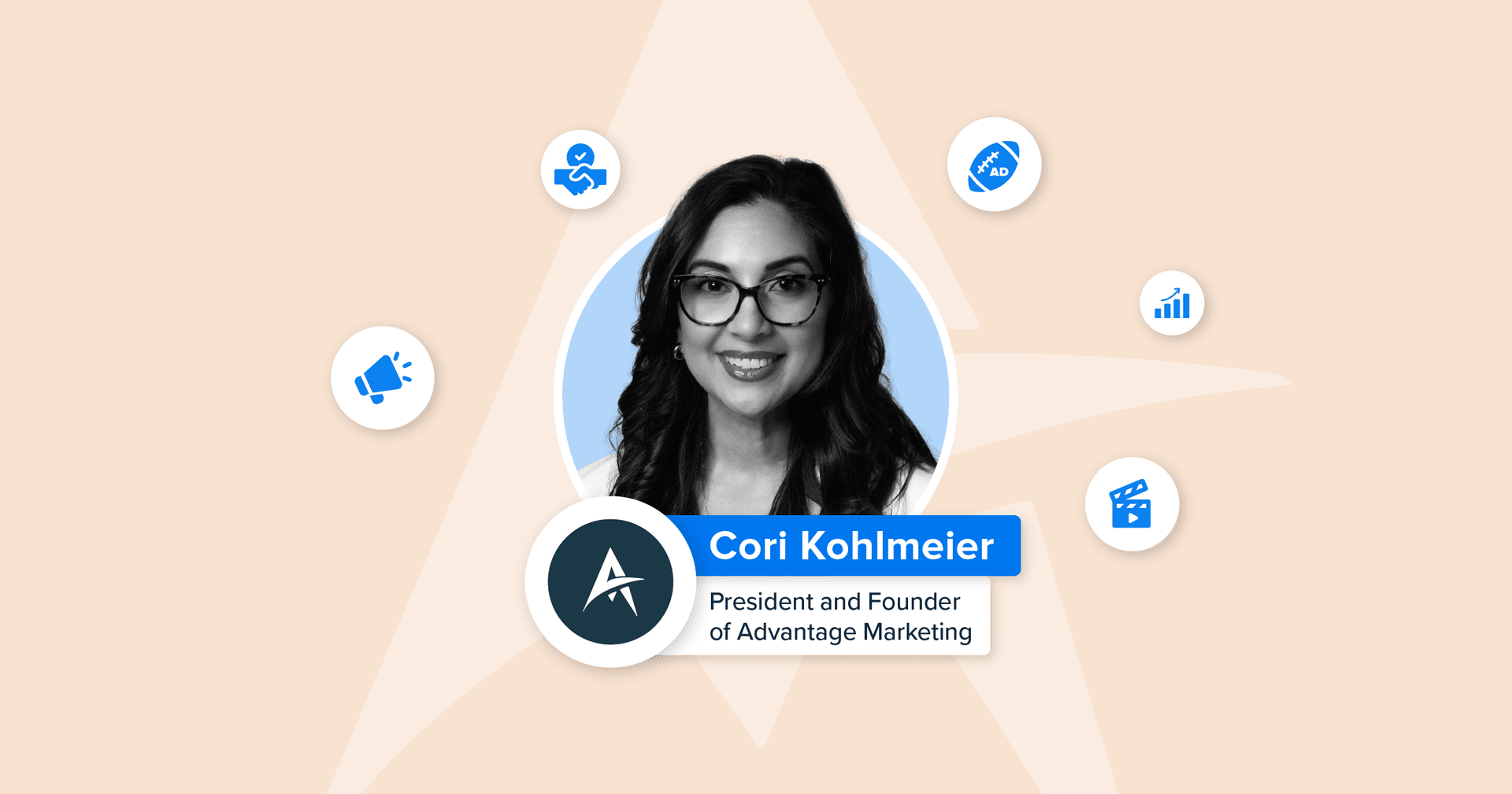
QUICK SUMMARY:
This article presents six ways to enhance customer experience by thoroughly analyzing each interaction within the customer journey. It offers actionable strategies aimed at boosting satisfaction and loyalty by refining service touchpoints and incorporating customer feedback. These approaches help improve customer experience, promoting increased retention and stronger client relationships in the long run.
If a company doesn’t have negative reviews, it means they're doing just fine, right?
Wrong.
The truth is, over one-third of customers never leave comments after purchasing, according to a GatherUp survey. At the same time, every one of three clients will stop doing business with a company after just one negative experience.
In regards to the overall customer experience, 85% of U.S. customers believe that companies should work to improve it. So, if you want to stay afloat in this customer experience battle, you should constantly work to improve your service.
In this article, you will find six actionable steps to improve your customer experience and ensure the highest level of customer satisfaction possible.
1. Focus on value
The more connected the world becomes, the more crucial are human connections. When it comes to products or services, it's reported that 66% of customers are ready to pay more for a better experience online. People seek a solution that will not only resolve their problem at the moment but will also work long-term.
To provide value over the long run, identify your customer’s pain points. For this, you should create a persona that describes your ideal customer — their age, sex, family status, occupation, income, etc. Think what features of your product or service can make them think, “I need that right now!”. The more benefits you can offer, the fewer reasons they will have to deny it.
Of course, that means you should invest in your product/service and make it relevant for each customer group that you're targeting. It should be easy to use, so make sure your client support reps have sufficient training. Offering a “test drive” of your product or service will also show that you aim to genuinely provide a solution, and are interested in more than just selling them something.
Social media has made interaction between customers and businesses more informal and friendly. And like any friend, customers are curious about what’s going on in your company’s life. Since your main communication tool with your clients is content — website, blog, social media posts, etc. — creating content that will inspire authority and sell through educating is crucial to the customer experience. Keep in mind that this is hard work, so you’ll need to invest time and effort to hire a skilled content manager.
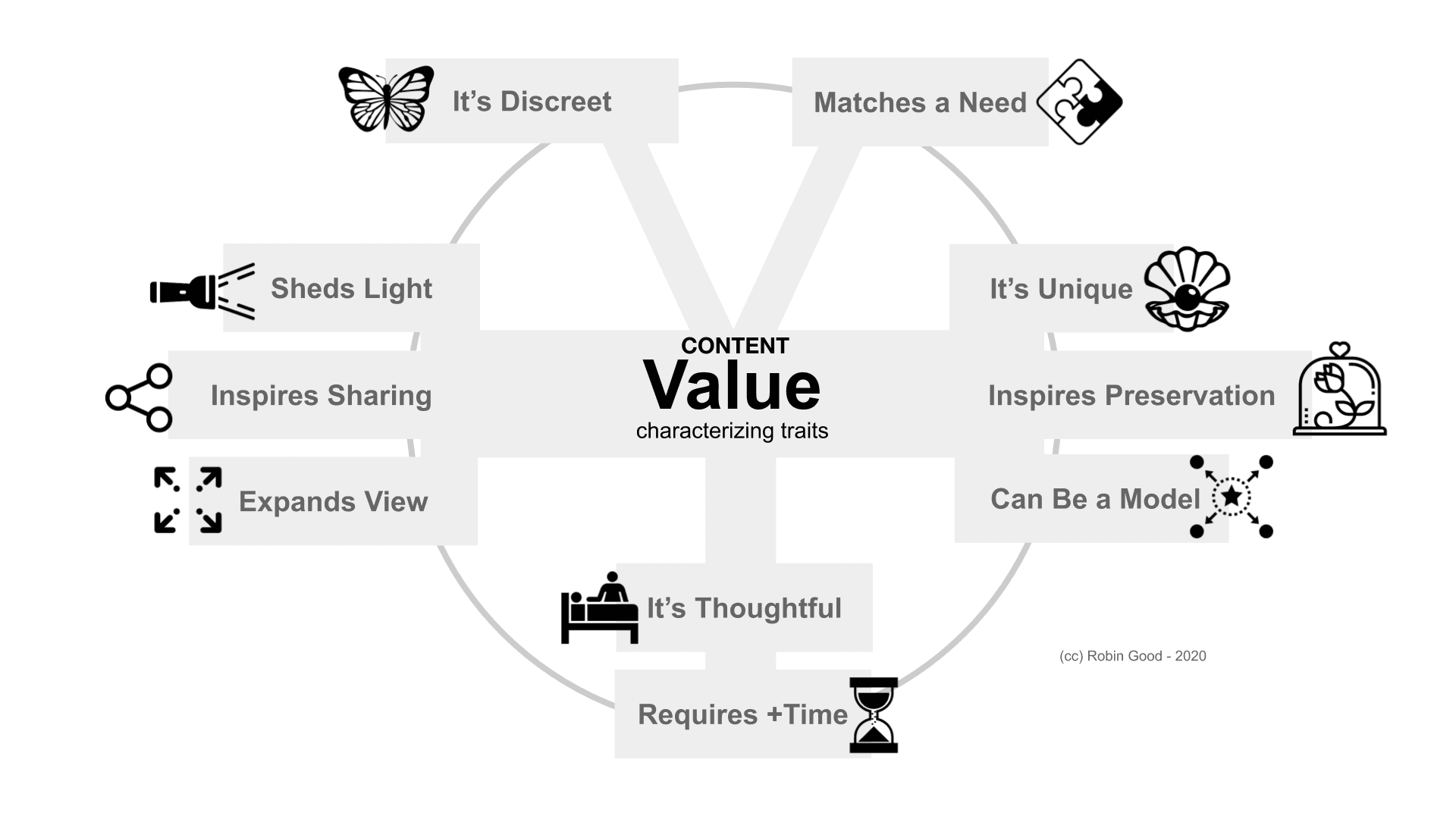
Source: Medium
Regularly reporting to your clients about the latest company updates, new projects, and results will help keep the focus on your audience. If your business isn’t of the kind customers have to interact with regularly, retention may be a problem. By incorporating client onboarding into your marketing campaign and maintaining active social media profiles, you can keep customers around well after they made a purchase or subscribed.
2. Empower your customer service
Customer service is the heart of customer experience. Additional information, tips on setting up and using a product or service, and troubleshooting issues all turn into customer support tickets. And the way they are resolved shapes customers’ opinion about your brand. Thus, your customer support agents should have all the necessary information at hand and be able to act on it without extra approval from managers. Providing them with access to relevant performance metrics, such as Customer Service Response Time, can further enhance their ability to address customer needs.
Use surveys to identify the most common issues that interfere with your employees providing a better customer experience. For example, let’s say customers often ask for a discount. That means you should define the exact conditions under which a customer support rep can provide it without having to discuss the matter with anyone.
The next step would probably be to review your entire pricing policy. An important tip: combine your survey results with customer interaction history, as many companies don’t see multiple-choice questionnaires as a good source of customer insights, according to the recent stats.
Since customer support agents are at the frontlines interacting with clients, they may share valuable insights on what they expect and how to improve your product/service. By listening to their feedback and using it to improve you enhance customer experience and show your employees that they directly influence the company’s performance.
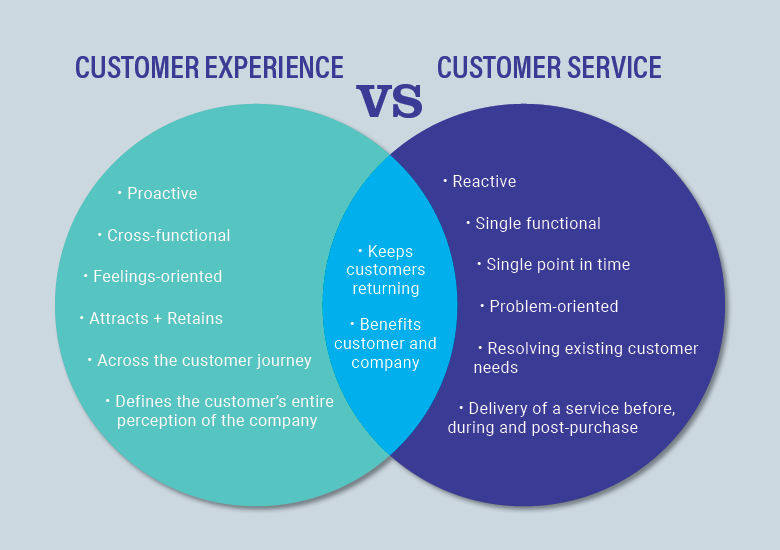
Source: Medium
3. Go omnichannel
Half of the world’s traffic comes from mobile devices, so it’s crucial to embrace this multi-device customer journey. Nowadays, customers want to reach brands through their favorite communication platform and sometimes switch between different channels. At the same time, according to HelpCrunch, many customers try to find answers on their own before they decide to contact a support center.
With all that in mind, your website should provide as much relevant information as possible on all devices. First off, it should be easy to find, so focus on SEO best practices and perform site audits using an SEO audit tool regularly to let search engines know the site is worth ranking.
You should also be able to provide the same level of customer experience both offline and online. That means assistants in your physical store and live chat invitations on your website should be equally friendly and approachable. If you are focused on online sales, make an easy returns policy as it actually boosts sales in the long term.
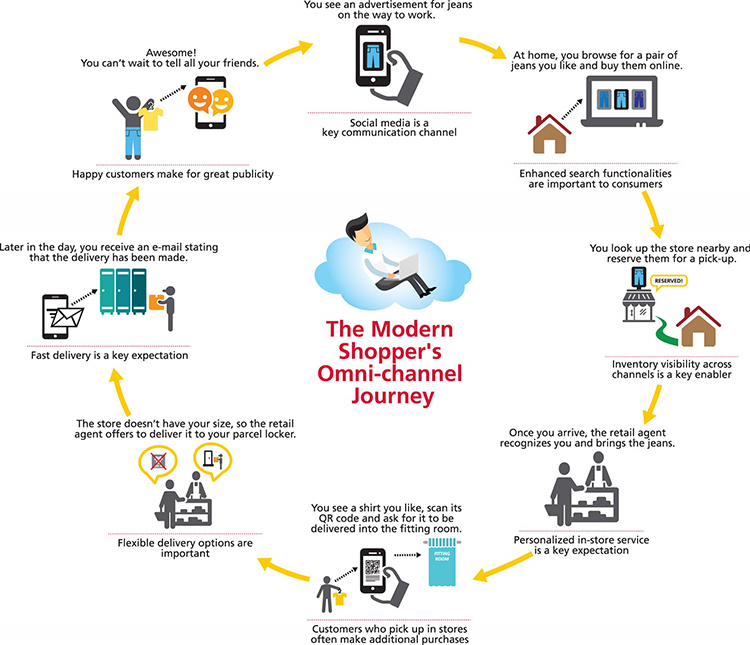
Source: GetVoip
4. Use technology
Technology is one of the fastest ways to improve customer experience, provided you choose the right customer retention KPIs. For example, chatbots can provide quick answers to the most often asked questions. This frees the hands of your customer support agents and lets the customer avoid waiting on hold.
With the right analytics tools, you can collect client behavior, process and analyze it to deliver a unique experience. If you're focused on phone calls as the primary lead source, call tracking analytics can help you detect the most profitable sources of traffic and keywords that convert.
You can also implement an automated callback tool that will put customers in a queue and contact them as soon as their position arrives. This saves time and ensures convenience for both customers and support team members.
For repeat queries, use a CRM database that will update the information about the client in real-time. This way, you will avoid repeating the same information, which is time-wasting and frustrating for customers.
Receive Agency Growth Tips, Delivered to Your Inbox
5. Personalize
Research indicates that 80% of customers are more likely to purchase if they get a personalized experience with a company. Personalization happens based on what you know about your customers.
Hence, the more data you can collect about the customer, the higher the personalization level your company can provide. To organize this data, marketers recommend creating customer profiles for each segment of your audience.
You can also track their purchase history and send out recommendations with similar or related products.
Adopting a systematic approach to collecting customer feedback is a great opportunity to learn what your clients think of your business and timely react to changes.
Dynamic content is another way to provide a personalized customer experience. This can be coupons, dynamic banners, live pricing, or even content based on weather.
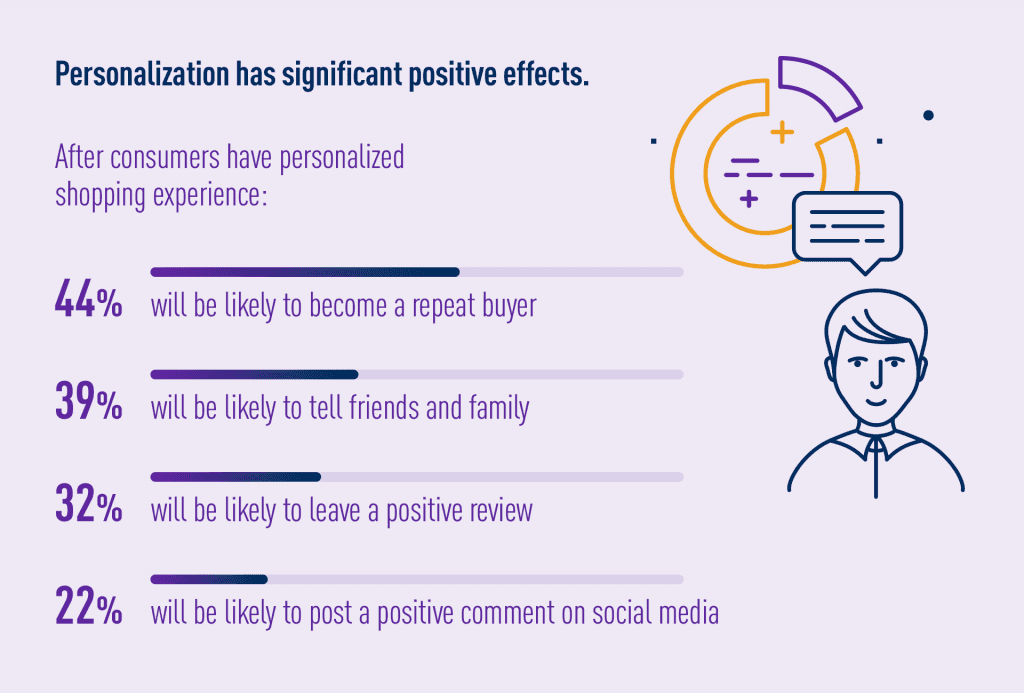
Source: Tasil
6. Revise your customer journey map
Finally, a good customer journey map illustrates all the touchpoints a customer may have with a company, including their pain points at each step and how they can be addressed. The truth is, mapping the customer journey can speed the sales cycle up to 18 times. Using your customer personas, go through each phase of their buyer's journey and see what techniques prove to be most cost-effective and where friction occurs.
With a thorough understanding of the customer journey, you can also build a successful loyalty program and encourage your clients to continue doing business with you. Being a loyalty program member makes a customer feel privileged and substantially enhances their experience. You can offer free samples, first-chance purchases, special offers, and exclusive awards to set your loyalty program participants apart from the rest of your customers.
To prevent customer boredom, consider creating a tiered loyalty program. By inspiring clients to climb a ladder, you help them feel more invested in your brand, increasing their lifetime value. Also, you can collect even more data about them by using this method.
Summary
Improving the customer experience involves taking a look at the entire customer journey and using data to improve each step along the way. With these 6 tips, you should be able to identify where your customer experience has succeeded and where there is room for improvement. Start with your ideal buyer persona and map the entire journey from their first point-of-contact all the way to being a loyal brand ambassador. With this information, you'll be able to work backwards and identify exactly where you need to put technology, systems, or customer support in place to ensure the highest customer experience possible.

Written by
Julia Serdiuk is an outreach specialist at HelpCrunch, an innovative platform to build relationships with customers. She is a seasoned traveler and yoga enthusiast. Appreciates life and believes in the cloudless future of our planet.
Get Started for Free



